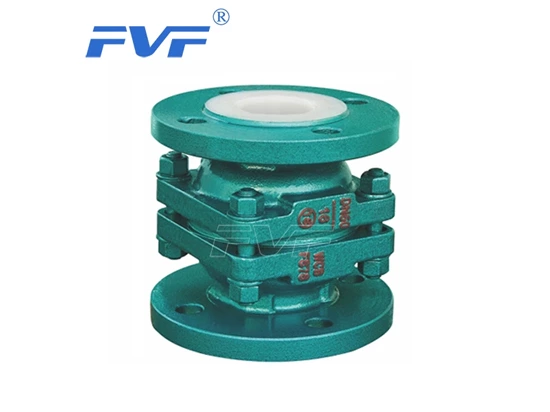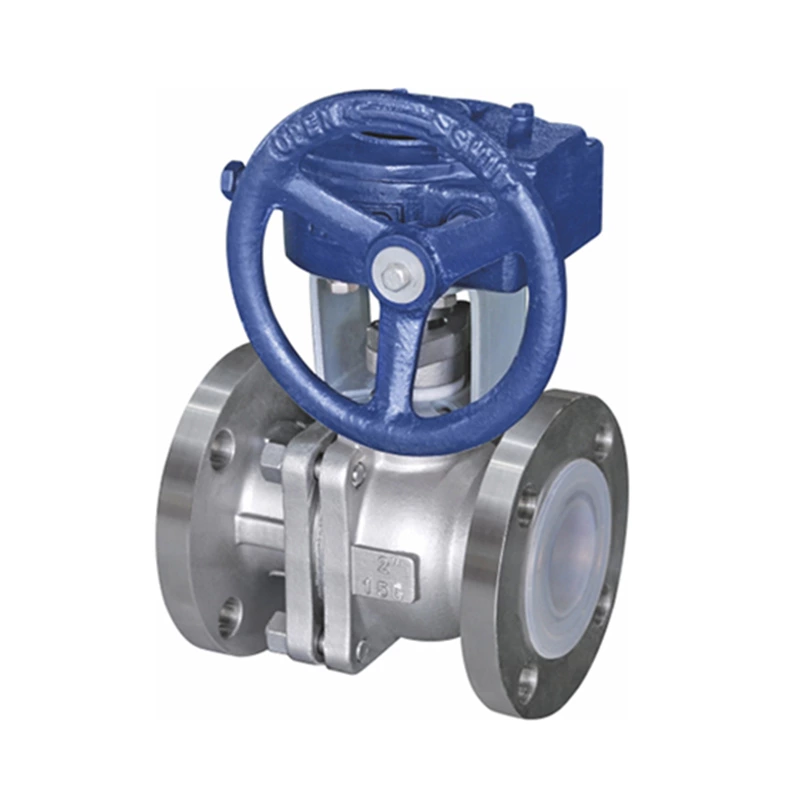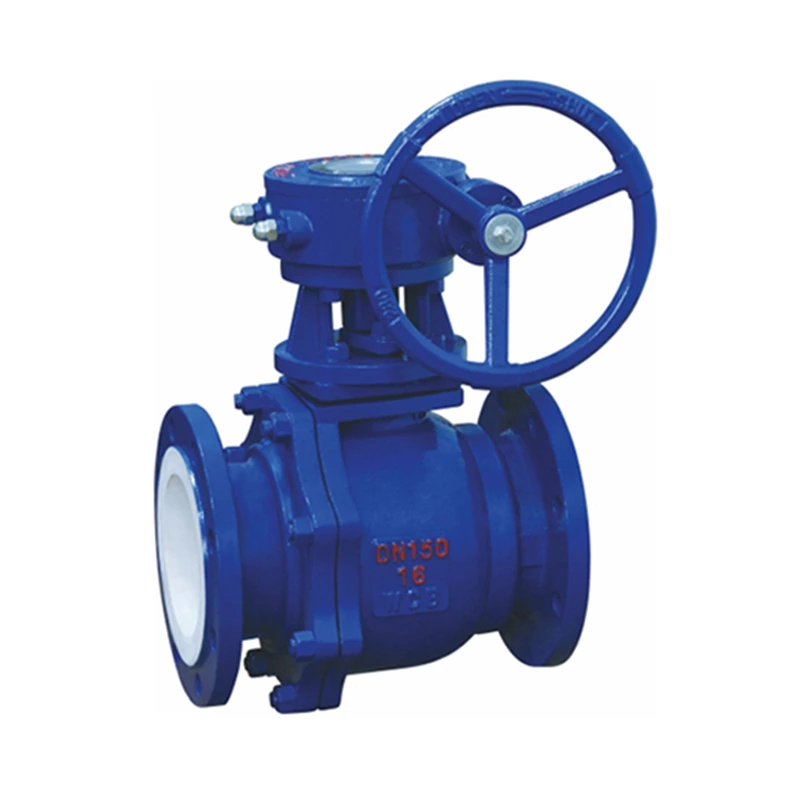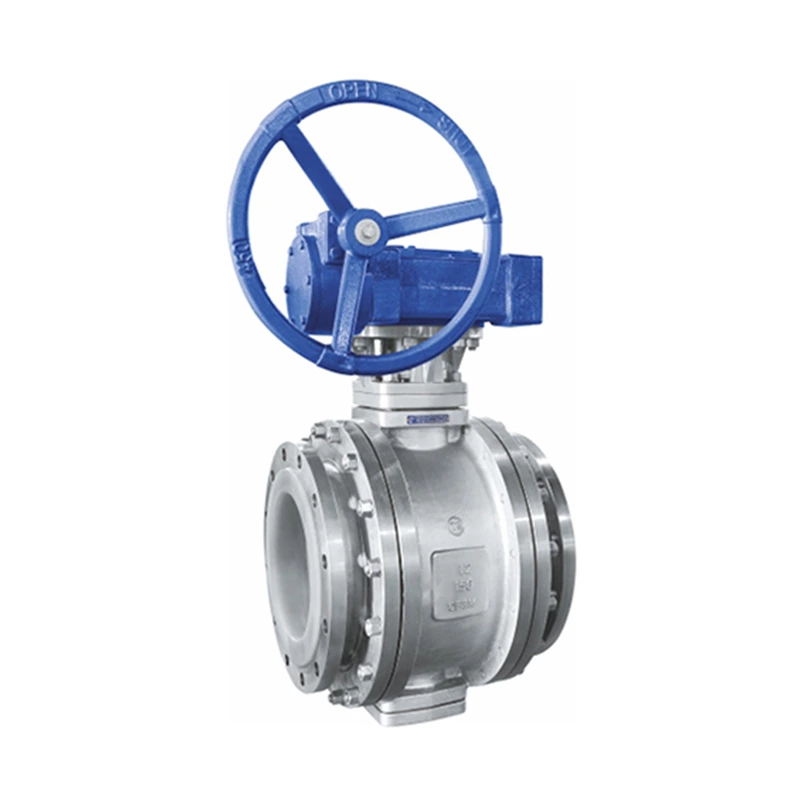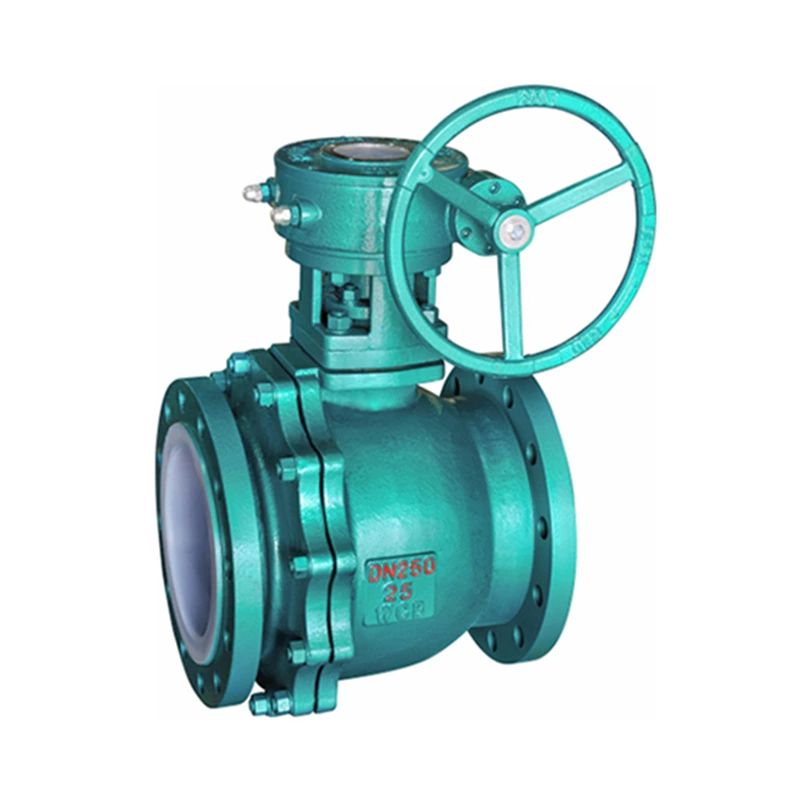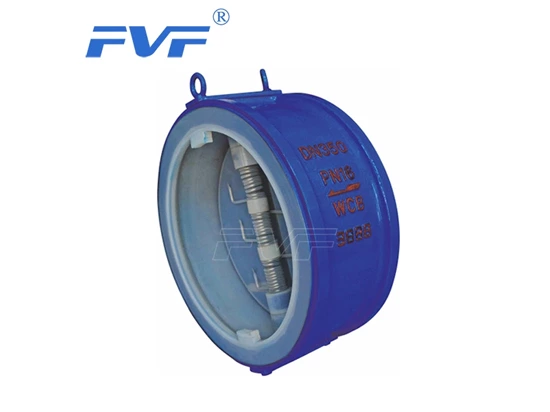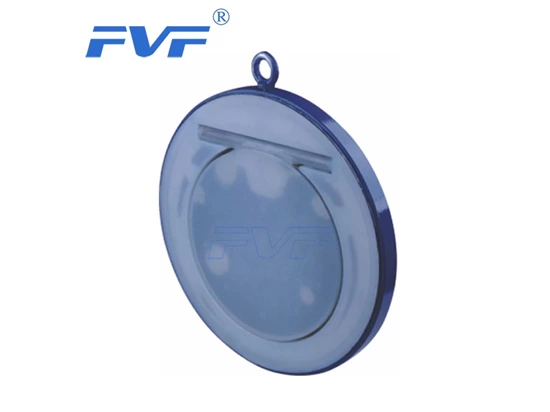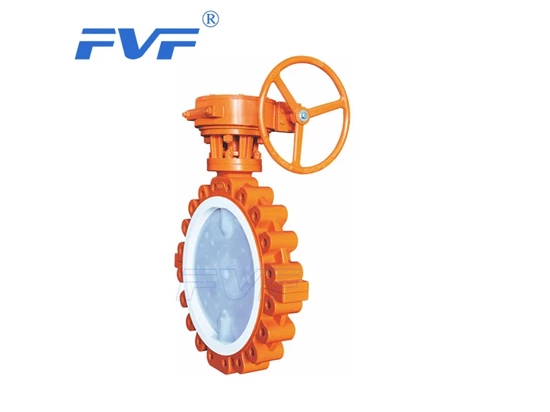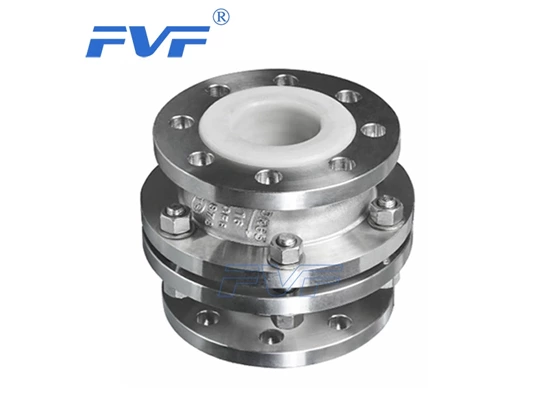Selection Principles Of Chemical Valves
1.Lined Valve Overview: Chemical valves are an important accessory for fluid control on industrial pipelines. Faced with the complex industrial system and various working conditions with a wide variety of valves, if you want to choose a suitable valve for the pipeline system, you should first understand the performance of the valve, second, master the steps and basis for selecting the valve, and third, follow the principles of selecting valves for the petroleum and chemical industries. Chemical valves are not only widely used, but also used in large quantities. Of course, chemical valves have higher requirements than ordinary valves. The media generally used in chemical valves are relatively easy to corrode. From simple chlor-alkali industries to large petrochemical enterprises, there are high temperatures, high pressures, corrosion resistance, wear resistance, and large temperature and pressure differences. For such highly dangerous valves, the selection and use process should be strictly in accordance with chemical standards. Taichen Company is a professional chemical valve manufacturer, and its manufacturing is strictly in accordance with the standards of the Ministry of Chemical Industry.
2. Principles for selecting chemical valves:
The chemical industry generally selects straight-through valves with small flow resistance. They are usually selected as valves for shutoff and opening media. Valves that are easy to adjust flow are used to control flow. Plug valves and ball valves are more suitable for reversing and diversion. Valves with wiping effects along the sliding of the closing parts on the sealing surface are most suitable for media with suspended particles. Common chemical valves include ball valves, gate valves, stop valves, safety valves, plug valves, check valves, etc. The mainstream medium of chemical valves contains chemical substances, and there are many acid-base corrosive media. Taichen manufacturers mainly use 304L and 316 materials for chemical valves. Ordinary media choose 304 as the main material. Alloy steel or fluorine-lined valves are used for corrosive fluids combined with multiple chemical substances.
3. Types and functions of chemical valves:
Opening and closing type: cut off or communicate the flow of fluid in the pipe;
Regulating type: adjust the flow rate and flow velocity in the pipe;
Throttling type: make the fluid produce a large pressure drop after passing through the valve;
Other types: a. Automatic opening and closing b. Maintain a certain pressure c. Steam blocking and drainage.
4. Precautions before using chemical valves:
① Check whether there are defects such as sand holes and cracks on the inner and outer surfaces of the valve body;
② Check whether the valve seat and the valve body are firmly connected, whether the valve core and the valve seat are consistent, and whether the sealing surface has defects;
③ Check whether the connection between the valve stem and the valve core is flexible and reliable, whether the valve stem is bent, and whether the thread is damaged
